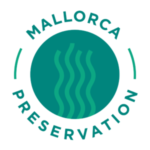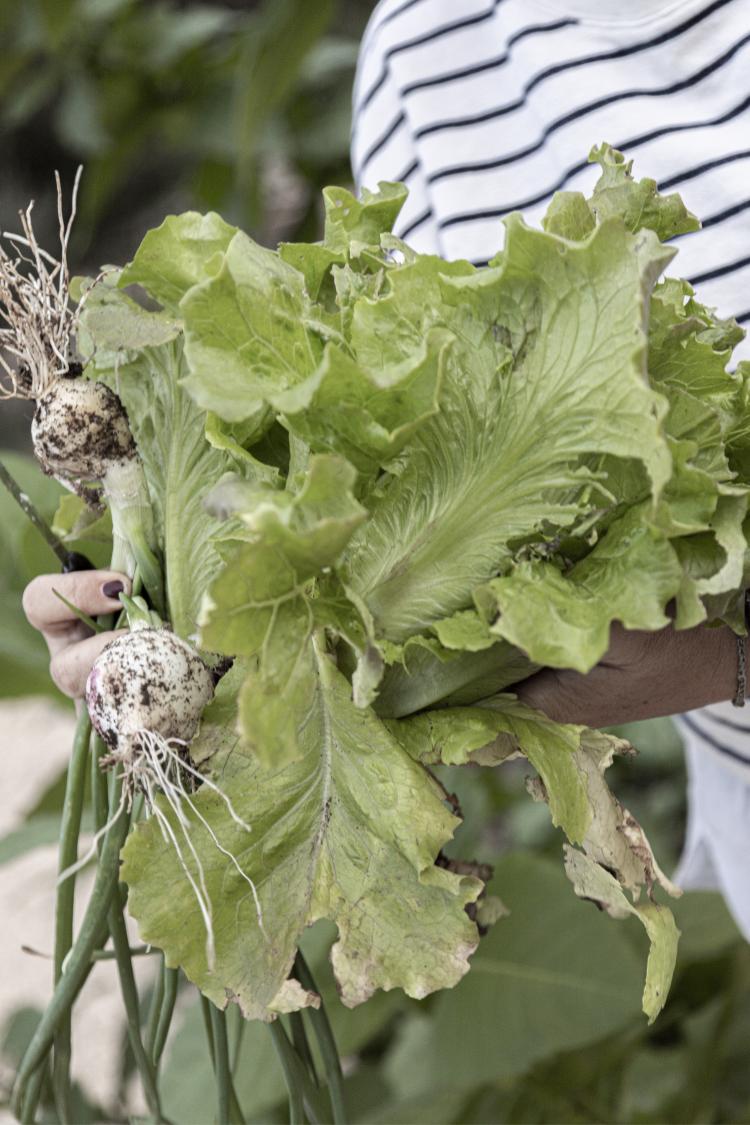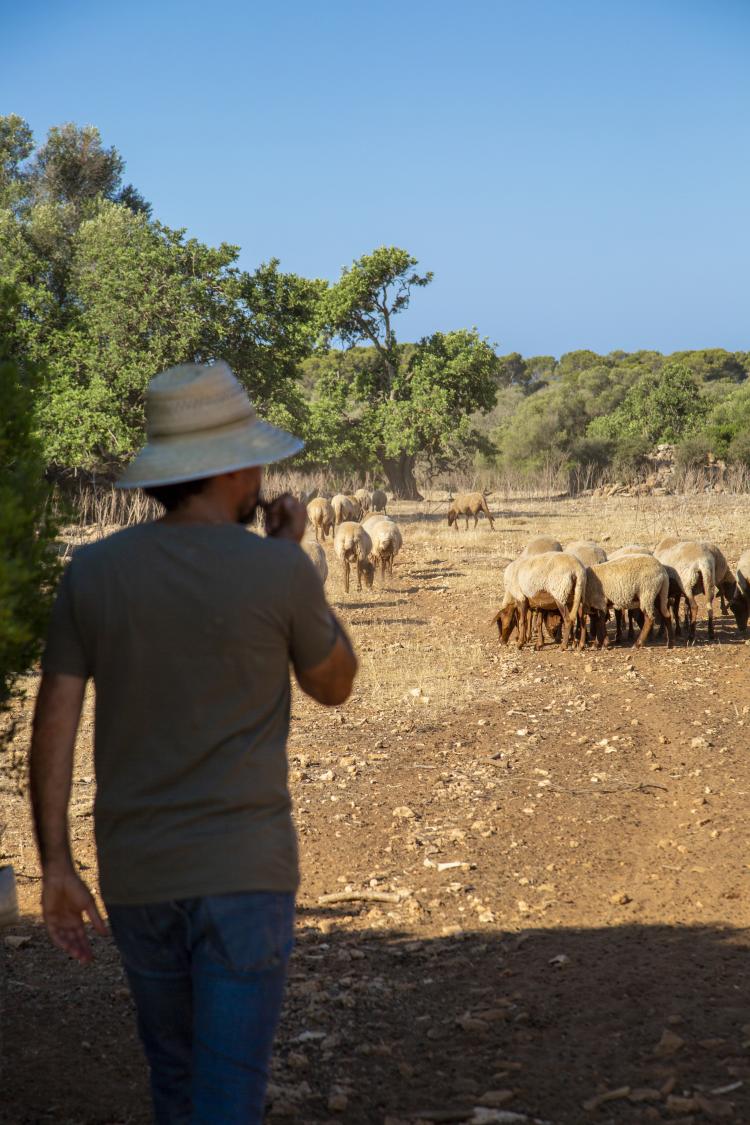
PROJEKTE
Ökologischer Landbau
REGENERATIVE AGRICULTURE
€16.000 vergeben
What is regenerative agriculture?
Regenerative agriculture consists of a set of agricultural techniques which, when adopted, allow agricultural activity to be carried out in the most sustainable way possible, improving the state of the soil and the ecosystems that form part of that environment, restoring the levels of organic matter in the soil and the soil’s biology and microbiota, improving fertility and the water cycle. It also allows agriculture to become an ally against climate change, favouring the absorption and retention of atmospheric carbon by the soil.
It takes into account concepts such as holistic farm management, trophobiosis, rational grazing, minimal soil work and permaculture design.
What does the project consist in?
Thanks to the collaboration between MAPF and Camper, theoretical and practical courses have been promoted. They were organised by APAEMA and aimed at professional farmers, technicians and landowners interested in implementing regenerative agriculture on their land. After a few months, individual visits will be made to the farms of some of those attending the courses in order to check the implementation of the techniques learned during the training.
Programme of the Regenerative Agriculture Initiation Project:
- 4 technical workshops. Visits to farms that carry out regenerative agriculture techniques.
- Introduction to RA: 15h course dedicated to non-professional farmers given by Agroasesor
- Holistic management: 20h course dedicated to professional ecological sheep farmers given by Gonzalo Palomo.
What’s next?
To give continuity to the project, this year we want to help farmers to implement these techniques, offering them technical advice. In addition, in order to better understand the impact of regenerative agriculture on soil quality and the environment in Mallorca, a pilot project will be carried out with several plots in which regular soil analyses will be carried out.
Esta web utiliza cookies para analítica digital, mejorar su experiencia de usuario y personalización de publicidad. Puede consultar nuestra política de cookies aquí.


